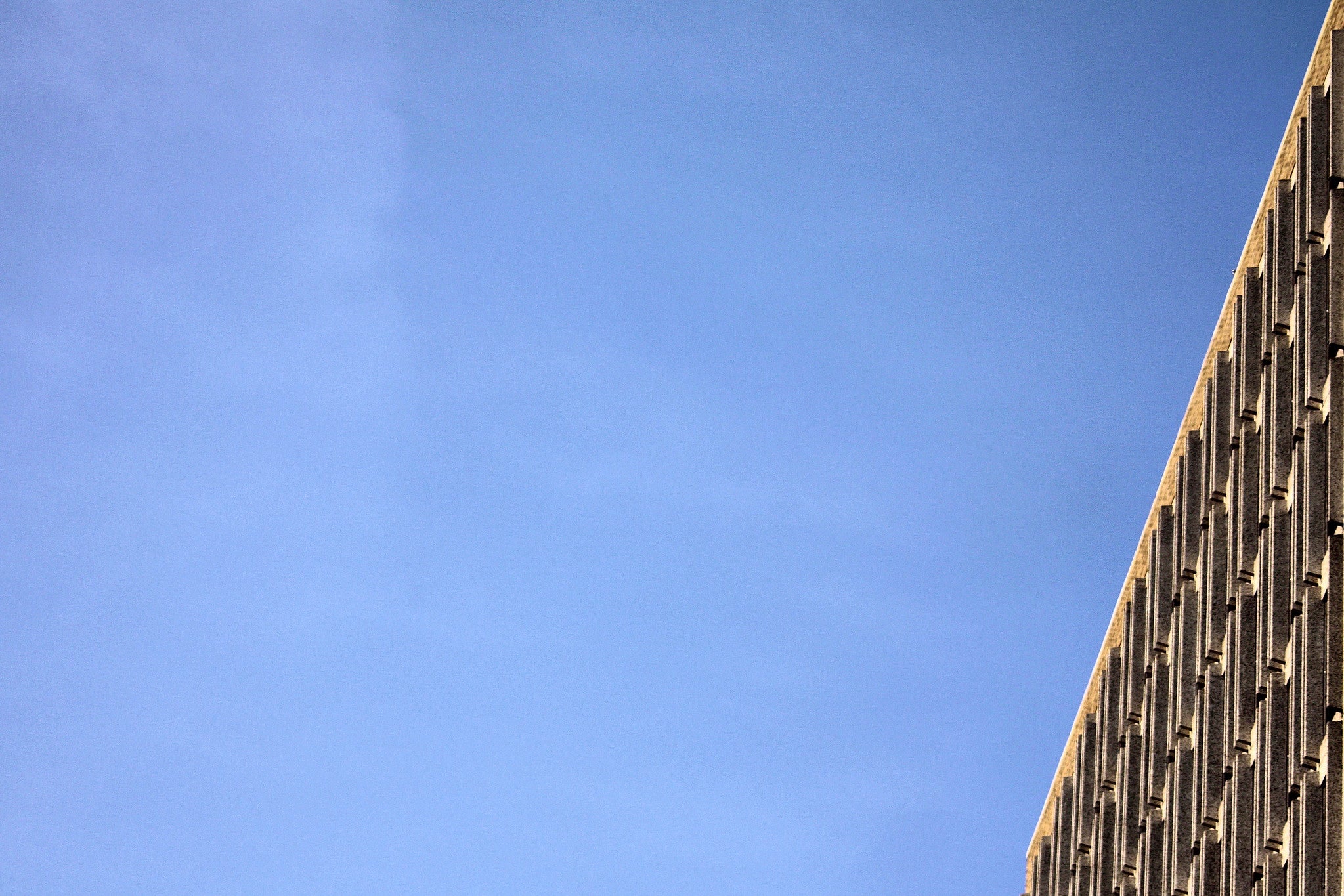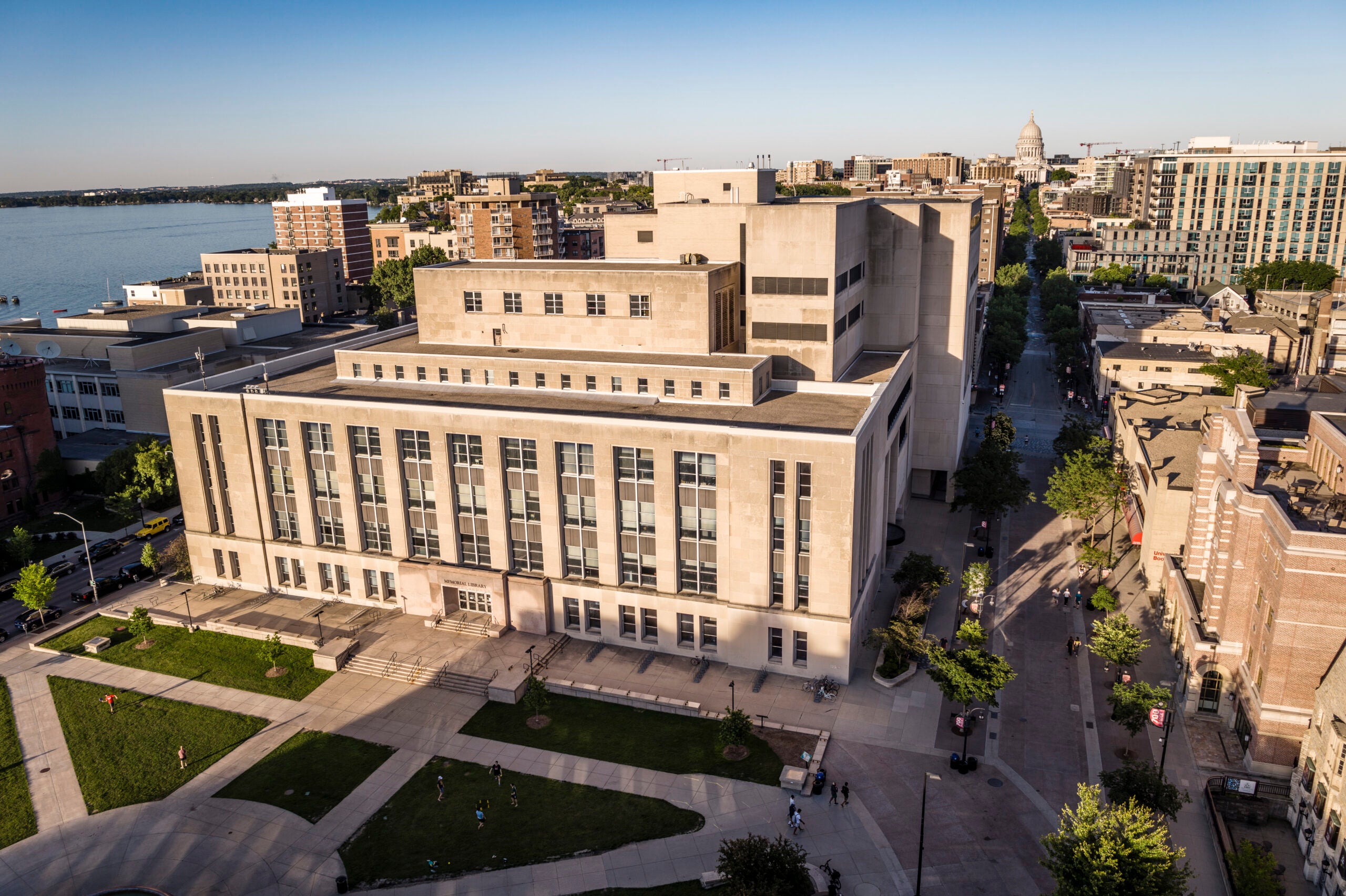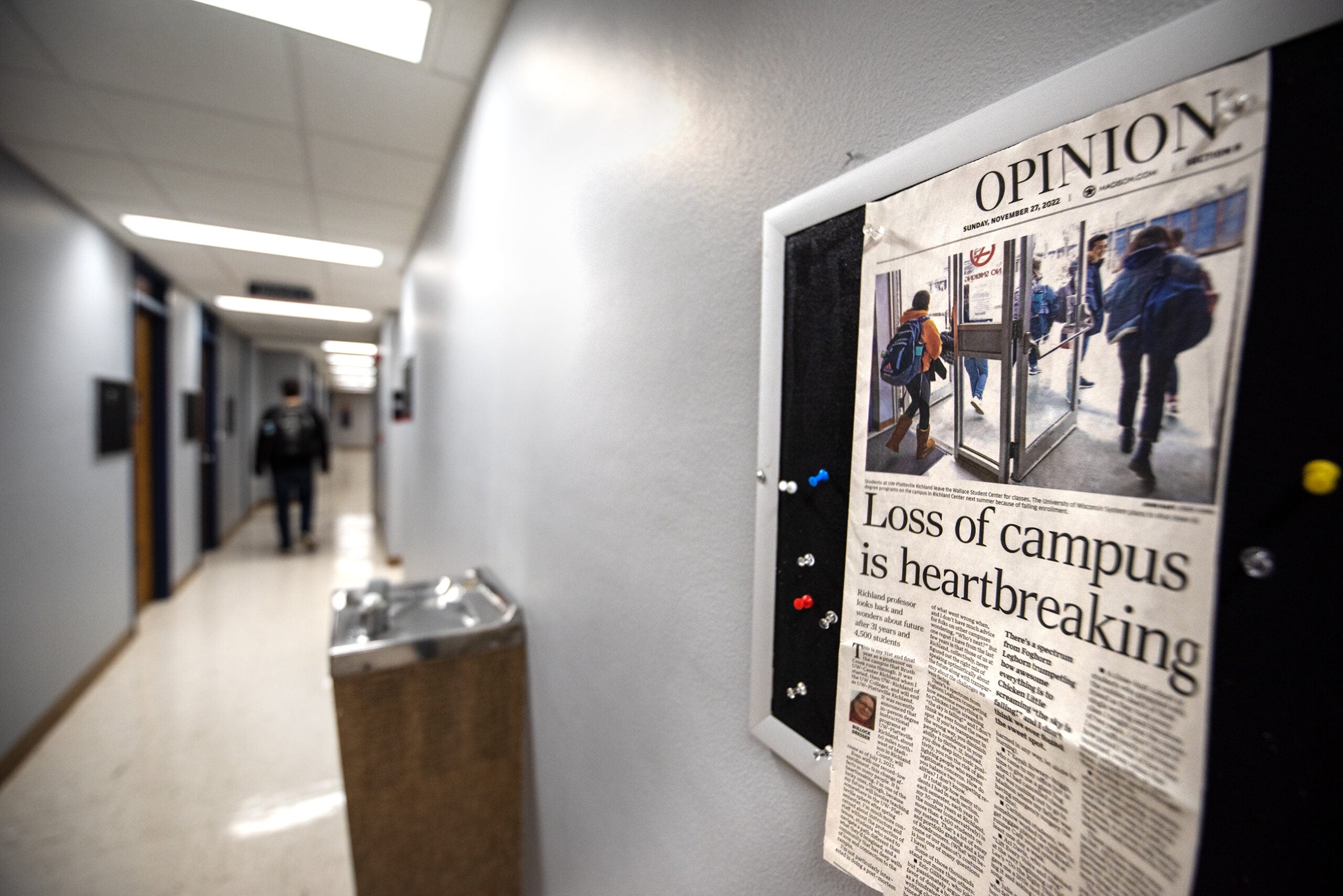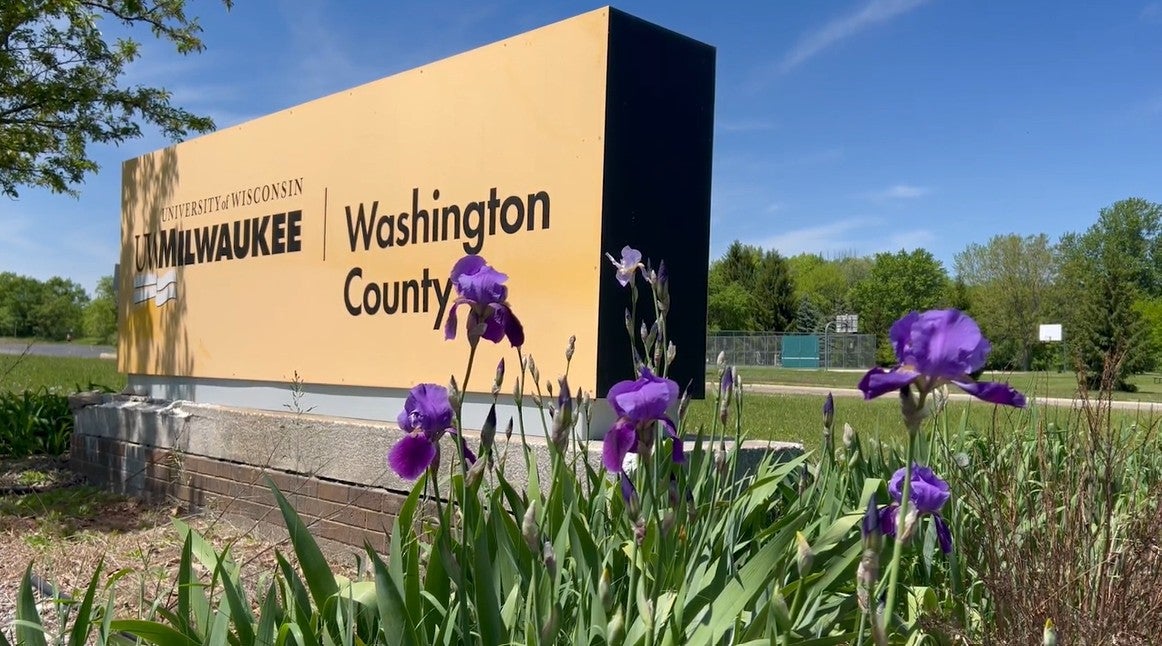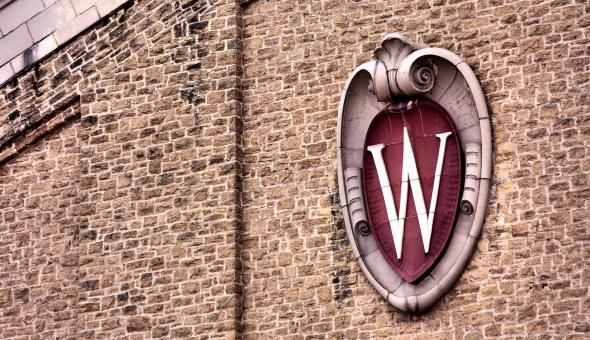The University of Wisconsin System is expecting to lose nearly $170 million in revenue this spring due to the new coronavirus. The projection includes housing and dining fee refunds along with losses from college sports revenues after every university and branch campus closed in April to prevent the spread of COVID-19.
The majority of the unprecedented budget hit will be borne by UW-Madison. On March 30, Chancellor Rebecca Blank told faculty members the campus stood to lose $100 million.
The state’s other 12 universities and branch campuses will split losses of around $68 million, according to UW System projections. UW-Milwaukee is estimating $9 million in lost revenue. UW-Superior is anticipating a loss of $1.3 million.
News with a little more humanity
WPR’s “Wisconsin Today” newsletter keeps you connected to the state you love without feeling overwhelmed. No paywall. No agenda. No corporate filter.
In March, UW System campuses took sweeping actions to prevent outbreaks of COVID-19 among students and staff. One by one, state universities announced plans telling students not to return to campus after spring break while faculty raced to move classes online. That was followed by an announcement that universities would begin refunding students for unused housing and dining services. The refunds alone were estimated to cost UW System around $78 million.
UW System Vice President for Administration Rob Cramer said in addition to the refunds, millions in athletics revenues were lost when campuses closed and sporting seasons were canceled.
Losses even came from summer camps and catering services provided by universities hosting outside events. Cramer said volatility in national and global financial markets are also a factor for university foundations, which act as fundraising arms for campuses.
“Many of the campuses use monies from their foundations to help with scholarships and obviously the foundations have experienced the changes in the stock market,” said Cramer. “Donors are also experiencing that. So, this really is cutting across all of the different areas of a very diversified revenue stream for the universities. So, it’s unprecedented.”
UW campuses have financial reserves meant to help them deal with unforeseen circumstances. But in 2013, Republicans in the state Legislature were outraged when a memo showed the UW System had cash reserves of $648 million and demanded that resident, undergraduate tuition be frozen. That freeze continues to this day. In 2015, Republican lawmakers cut $250 million from the UW System budget.
In the years that followed, lawmakers told the UW System to use tuition reserves when budgets came up short. By July 2019, UW System reduced its tuition fund balances by 53 percent. Tuition reserves at UW-Stevens Point and UW-Oshkosh got low enough that the campuses entered into financial recovery plans that required nearly $16 million in cuts achieved through early retirement buyouts for faculty and staff, consolidation of programs as well as some layoffs.
Cramer said the UW System has asked each campus to look at reserves leftover from last year into 2020. He said it’s unclear whether or not the UW System will have to cover campuses facing deficits without sufficient cash reserves to fill them.
“And as that shapes up and some of that gets a little bit firmer, we’ll have to assess where can we help out, which campuses need some assistance or not,” said Cramer.
The UW System is looking to the federal government for some financial relief.
Cramer said part of the $2 trillion coronavirus aid package passed by Congress and signed into law by President Donald Trump on March 27 will spend around $47 million to help the UW System stay afloat.
“So, we greatly appreciate Department of Education moving very quickly on that, and they’ve released the funds, essentially, directly to the campuses and provided some good guidance on what the appropriate uses are,” said Cramer. “So, each campus will be looking at their makeup of students and how they think they can best use those funds to support the students of their institution.”
That still leaves a loss of around $121 million for the UW System and its individual institutions. Cramer said discussions about where to cut are underway.
“We have taken a number of actions in the short term looking particularly at capital projects we should not move forward with,” said Cramer. “Some of those are funded by student fees, for example, dining hall renovations or residence hall renovations, and we may be pausing some of those.”
A major portion of the UW System budget pays for employees and benefits. Cramer wouldn’t say whether the unprecedented loss of revenues would likely result in unpaid furloughs for its 39,000 faculty and staff around Wisconsin.
“We’re aware that Marquette (University), for example, and others have announced some furloughs and layoffs,” Cramer said. “So, as we see how the finances for this semester appear to be shaping up, we’re going to have to decide what we need to do going forward.”
Cramer also didn’t say whether the UW System would seek additional relief from the state Legislature. But he said they’ve shared their financial calculations with state lawmakers, Gov. Tony Evers and the federal government.
Editor’s note: Wisconsin Public Radio is a service of the University of Wisconsin-Madison and the Wisconsin Educational Communications Board.
Wisconsin Public Radio, © Copyright 2025, Board of Regents of the University of Wisconsin System and Wisconsin Educational Communications Board.

